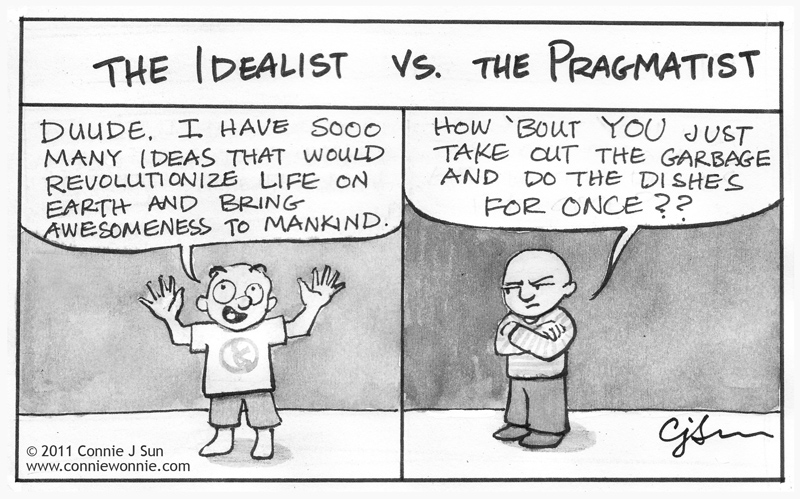 |
| image inspired by my pro-teacher friends at www.teachlikeme.org |
I have often found myself reflecting on the issues of race and gender within education, probably more so race since there are more male teachers within secondary education where I work.
Working within a suburban community...and in all honestly, a suburban community which had its major growth boom within the late 1960s through early 1980s as a by-product of the "white flight" linked with the era of "busing"...I have often wondered why there aren't currently more teachers of an ethnic minority background teaching within our community. I've asked myself a variety of questions on this topic:
- Why don't the proportions of ethnic minorities teaching within my district's schools resemble the overall proportions within the community itself?
- Are teachers of an ethnic minority background less interested in working within my district? If so, why?
- Is my district (intentionally or latently) less interested in hiring ethnic minorities?--this is a tough question because if I know like the answer is "yes" then I need to wrestle with what would compel me to continue working for such a district
- Do other teachers notice the disproportional representation? Do administrators notice it? Do students and families notice it?
- Does the community within my district truly care about this issue? If not, why?
- Is there some significant value in a student being able to look across a campus and see a teacher who looks like him or herself?
- Could seeing an increased quantity of teachers from various ethnic backgrounds inspire more of our own minority students to think that a career in education could be something they should explore?
- How can we change this? How can we get more black and Hispanic students to take AP level course work?--and this is not and should not be simply to develop a magic quota of representation within the program
- To what extent am I best suited to be a leading voice to help spark change? Will black and Hispanic students see merit in some white guy's efforts to get them to enroll in such programs? Is some form of outreach effort better suited to be lead by a teacher from an ethnic background similar to the students?
- Would having more teachers of ethnic minority backgrounds teaching AP level courses help improve the enrollment of students from these backgrounds?
A greater diversity in the backgrounds of our teachers inspires a new richness of conversations within our classrooms and educational experiences for ALL of our students. Additionally, having a greater diversity of teachers helps to reiterate that the diversity of our student population is valued and that we do, in fact, care about Creating Avenues to Success for ALL of our students.
What are your thoughts? I'd love to hear your insight...both in response to the article and what I've shared here.
